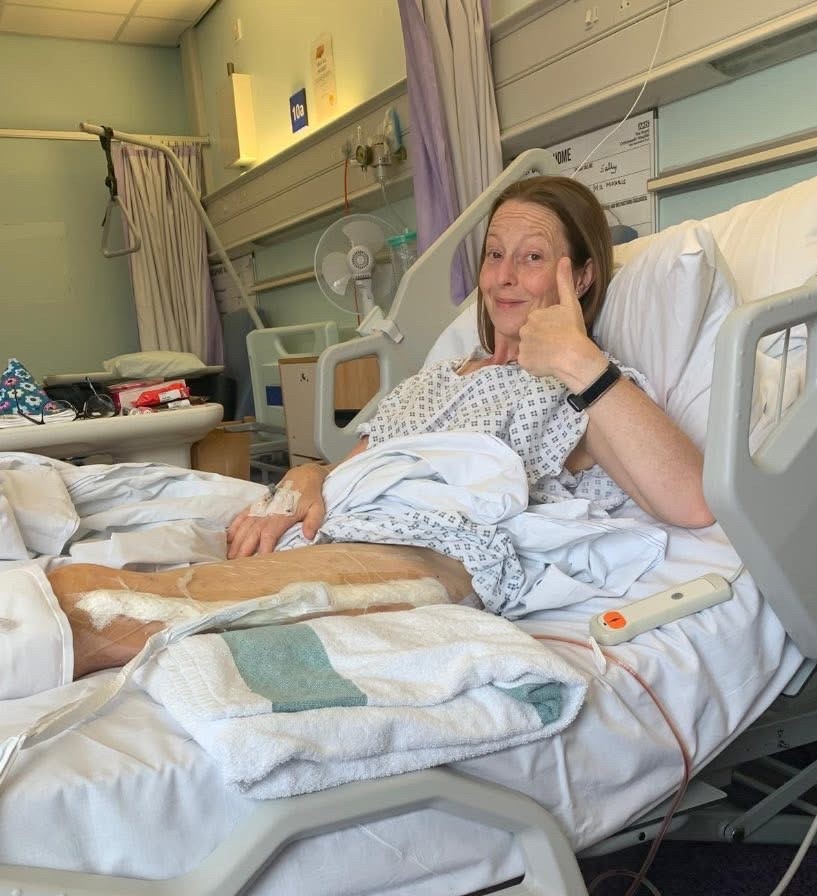Sarcoma UK and the Bone Cancer Research Trust (BCRT) have come together to commit £500,000 to a landmark project that will use national cancer data to improve the lives of people affected by sarcoma.
ASPIRE, the Sarcoma Data Partnership Programme, brings together experts, clinicians, researchers and patients to analyse NHS data collected in England. The aim is to identify where care can be faster, fairer and more consistent, tackling long-standing issues such as delays in diagnosis and unequal access to specialist treatment.
Professor Sandra Strauss, Consultant Medical Oncologist at University College London Hospitals, is leading the programme. She said:
‘Through ASPIRE, we have an opportunity to use national cancer data to truly understand the experiences and outcomes of people with sarcoma. By identifying where inequalities exist – whether by geography, age or tumour type – we can work with the NHS to improve care and ensure that every patient has access to the best possible treatment and expertise.’

‘This research gives me hope that others won’t face the same delays I did.’
Sally, in treatment for chondrosarcoma
Dr Zoe Davison, Director of Research & Information at the Bone Cancer Research Trust, said:
‘We are incredibly hopeful about what this means for our patients. Whether you have shared your story, raised vital funds or supported research, this progress belongs to you. Together, we’re making real change happen for patients across the country, which would be impossible without the continued commitment and dedication of the bone cancer community.’
Kate Quillin, Acting Head of Research at Sarcoma UK, added:
‘We are delighted to be funding this important research programme in partnership with the Bone Cancer Research Trust. Early diagnosis, equity of access to treatment, and support throughout a sarcoma journey are so vital for patients and their families. By interrogating nationally collected sarcoma data, this research aims to tackle these and other issues prioritised by the sarcoma patient, research and clinical community. We hope this work builds on the team’s existing progress in translating this data into better care and treatment for sarcoma patients across the UK.’
The Sarcoma Data Partnership builds on previous work that has already shown how patients treated in specialist centres have better outcomes. By connecting and analysing data more effectively, the new programme will provide evidence to help shape future NHS services and deliver tangible improvements in care.
Together, thanks to your support, Sarcoma UK and the Bone Cancer Research Trust are using data to turn insight into action – helping to make sarcoma care faster, fairer and better for everyone.









